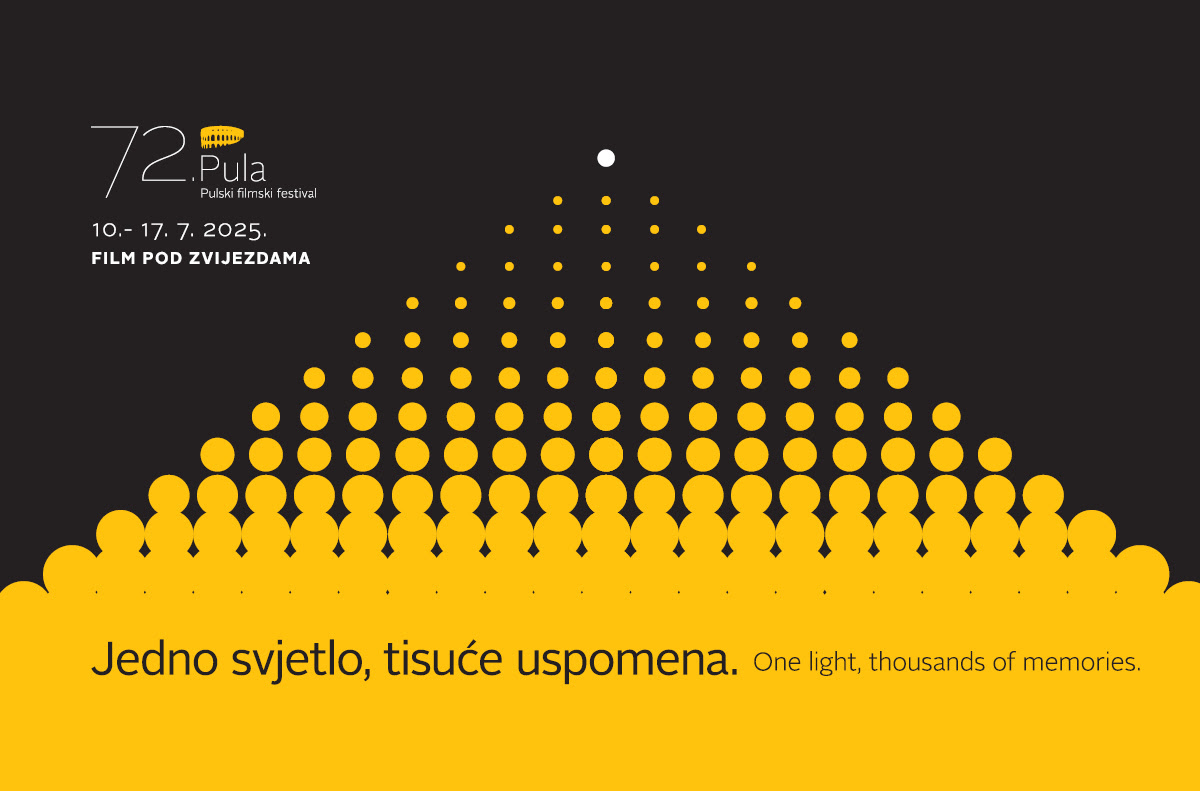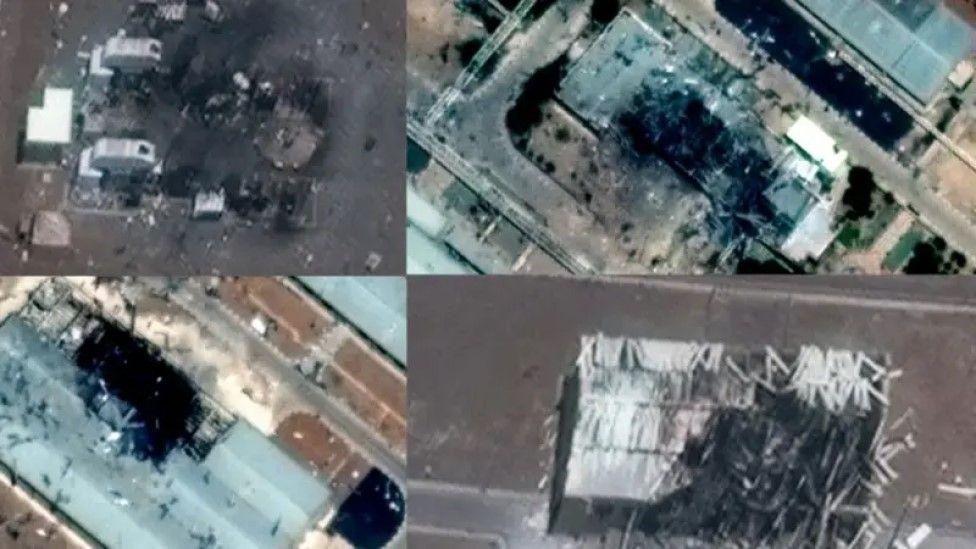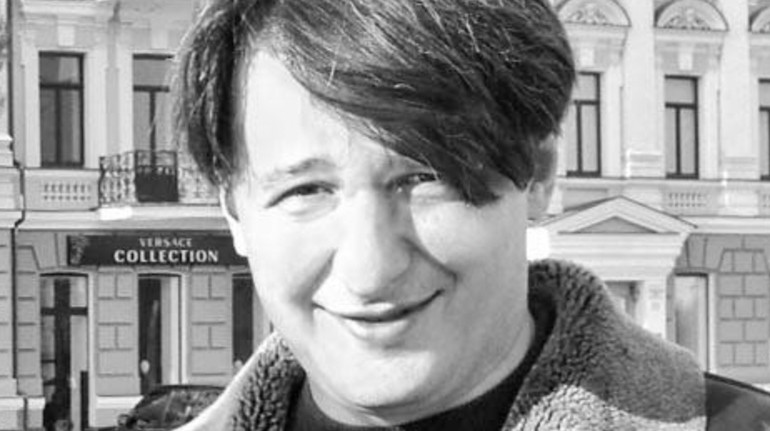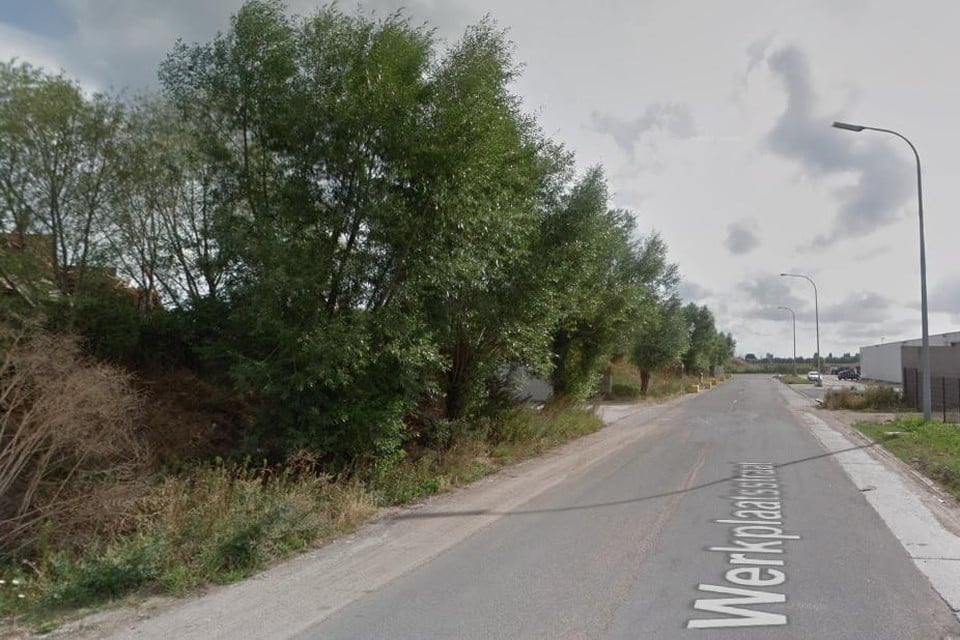What are the messages of the European Parliament on Serbia and Kosovo? – Politics
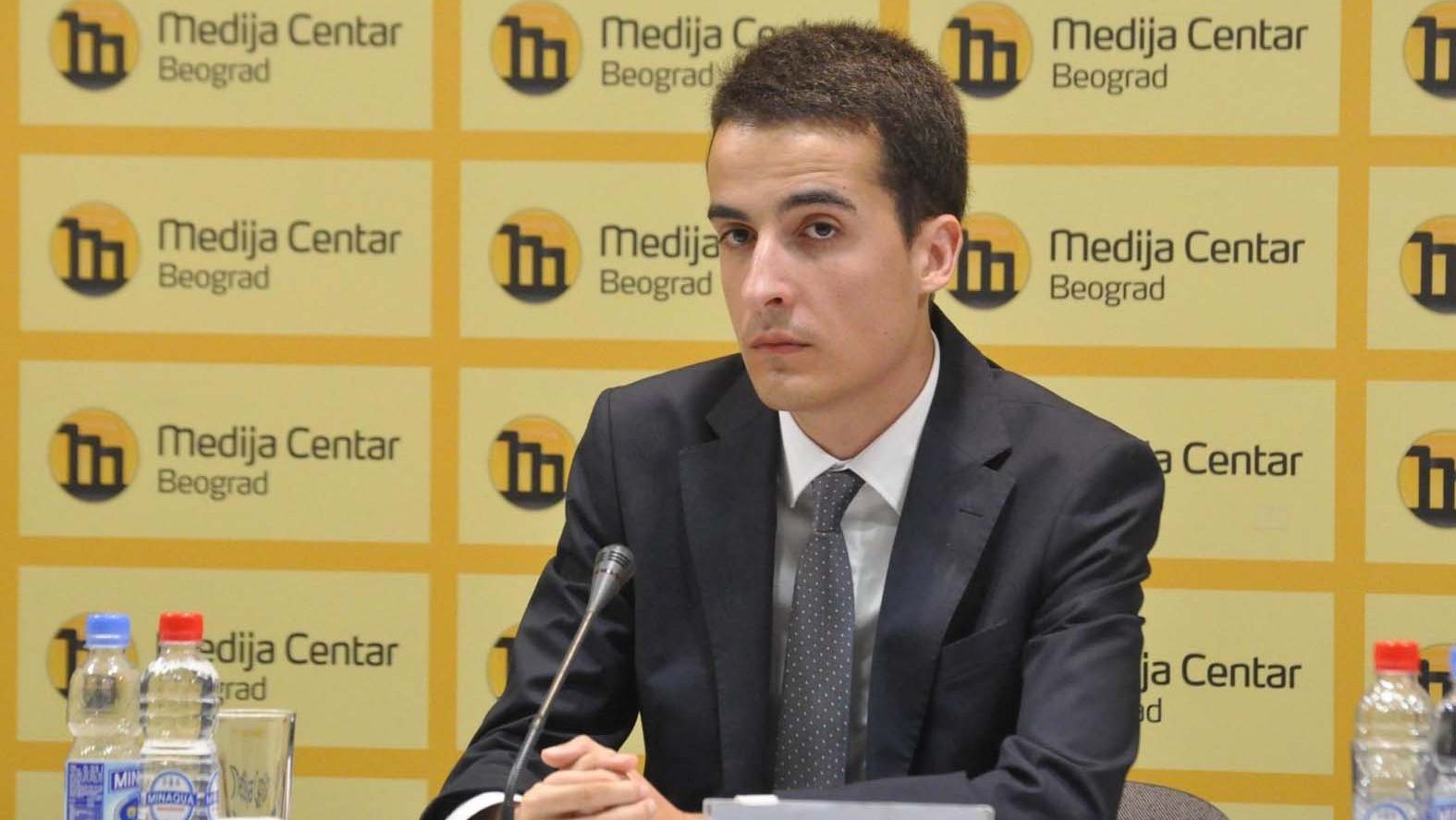
The presentation of the European Parliament’s report has shown that the EU has quite different expectations from Serbia, and as our interlocutors claim, the report on Serbia shows that the possibility of the European interference is not the best current situation on the field.
Rapporteur Epic For Serbia, Tonino Picula was critical in the report mostly due to the ratio of government according to current blocks and protests, but also foreign policy moves, ie departure of President Aleksandar Vučić in Moscow.
On the other hand, Vučić commented on condemnations on his departure to Moscow told In order for the EU to punish him if necessary and not the whole country.
Considering that this report on Serbia has so far is the most dangerous, the question arises whether Serbia expects any « penalty ».
The researcher of the new third time Dragoslav Rashet points out that the EP report uses the strictest and most direct vocabulary so far and adds that its interpretation may be unequivocally that the EU is perceived as a stagnating process.
« It is directly said that without radical reforms in numerous areas, Serbia will fail to fulfill the goals for 2026. Year that previously set, » says our interlocutor.
It emphasizes that the report also recommends measures that the European Commission should take if the deterioration (deterioration, prim office) of the situation in Serbia should continue.
« The report states » review the scope of financial assistance « if it continues to keep a policy that is contrary to values, policies and principles European Union« , It states the crash.
Although there is no direct threat to the process of the European integration, it claims, it is implicit, especially when it comes to foreign policy orientation of Serbia.
Commenting on Vucic’s statement that the EU should only penalize him, Rashet says that it is frivolous, given that these criticism is not personal, but referred to state institutions and bodies.
« This is the case when it comes to critiques regarding the foreign policy position of Serbia, as well as criticism regarding the freedom of media, the right to assembly, use of spyware and the like, » the interlocutor of Danas points out.
He states that Vučić’s rhetoric itself points to the existence of problematic autocratic tendencies, which the EP report I warn itself.
« By going to Moscow, the government is using a strategy to protect Russophilic and nationalist voters, as it will not lead to negative political consequences at the internal plan, because the Euroscepticism also dominates in the prudish opposition parties, » Raseta concludes.
Bishevac: The reality in the field tells the opposite
In Kosovo reporton the other hand, was not too criticism. It was repeated that the dialogue should be returned, as well as that obligations from all signed agreements so far, but the accent was put on the progress of Kosovo on the European path.
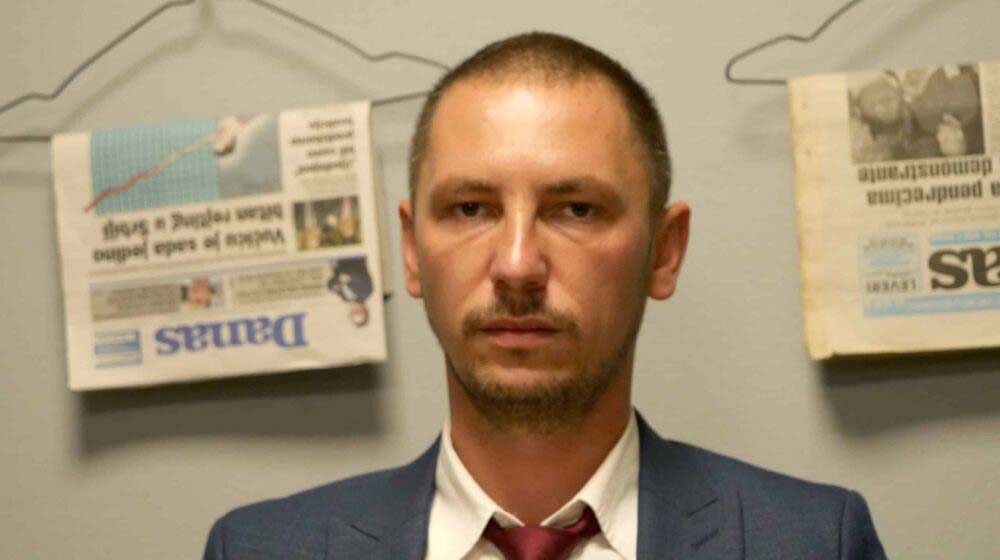
The President of the Serbian National Motion, Milija Biševac, commenting on Kosovo says that, although the EU persistently insists on the continuation of dialogue, that the process has long been in place and does not provide concrete results.
« It is still more problematic that the EU is formally mediated in dialogue, in practice, it has been further entangled by the crisis in Ukraine, which is why Kosovo’s issue is pushed to another plan, » Bisevac states.
Speaking of the allegations that Kosovo has progressed on the rule of law and election reforms, the interlocutor of Danas claims that the reality in the field speaks the opposite.
« Serbs in Kosovo face systemic discrimination and institutional violence, legal uncertainty is omnipresent, and election reforms led to a complete blockade of institutions in Serb environments, » Bisevac states.
In addition, he adds, the Serbian list has no real role in the Kosovo Parliament, and Serbs do not have adequate political representatives because no one wants to cooperate with them.
« It is a shame for the whole company, because Serbs could be a serious and constructive link in the process of political decision-making in Kosovo, » said Biševac.
The interlocutor of Danas adds that the essential problem lies in the lack of the policy of the Brussels to discipline Pristina politicians, primarily Curta, whose politics claims to systematically demolish dialogue and deepens tensions.
« The criminal measures provided by the EU against Kosovo did not give the desired results, precisely, for general and insufficiently targeted. I think of specific politicians and individuals who conduct nationalist and chauvinistic policy, and not towards the whole people, » Bisevac concludes.
Follow us on our Facebook and Instagram page, but also on X account. Subscribe to PDF List release today.


